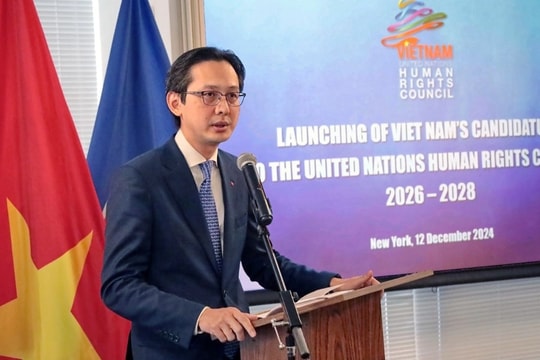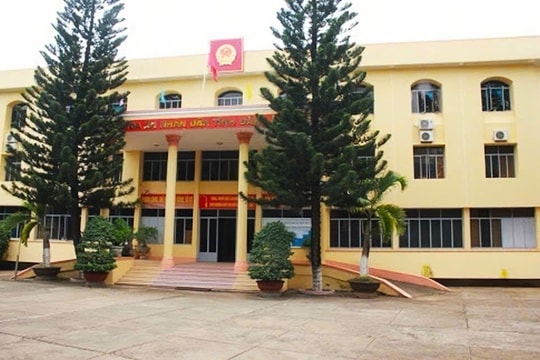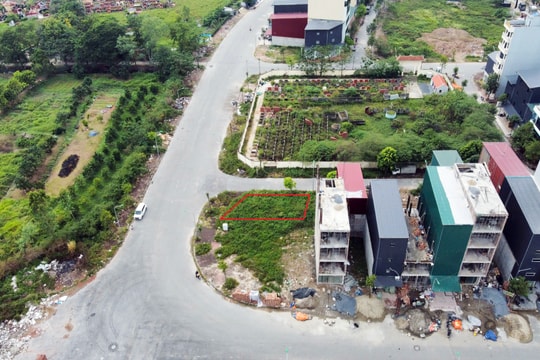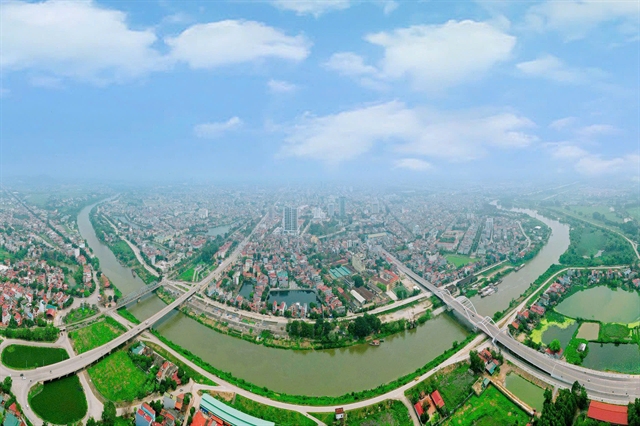 |
| An aerial view of Bắc Giang City. |
BẮC GIANG —
Bắc Giang Province is ramping up efforts to implement Resolution No. 1191/NQ-UBTVQH15, issued by the National Assembly Standing Committee on September 28, 2024. The resolution, which mandates the reorganisation of district and commune-level administrative units, will take effect on January 1, 2025.
Under this plan, four district-level administrative units will undergo restructuring. Yên Dũng District will be merged into Bắc Giang City, while the boundaries of Lục Ngạn and Sơn Động districts will be adjusted to create Chũ Town within Lục Ngạn District and retain Sơn Động District.
Additionally, 34 commune-level administrative units will be consolidated into 17, and Bắc Giang City will see the establishment of 13 new wards, with five more created in Chũ Town. Furthermore, Phì Điền and Biển Động townships will be formed under Lục Ngạn District.
A provincial conference to formally announce the resolution is scheduled for December 17, 2024.
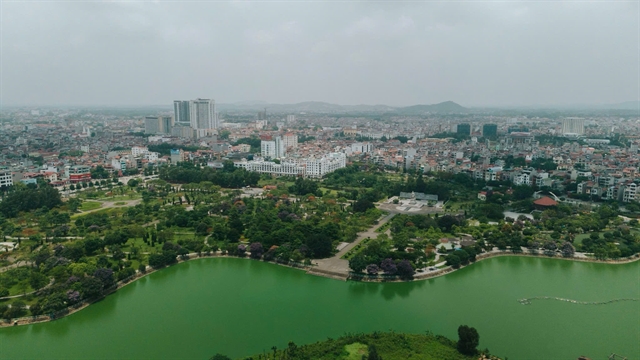 |
| A corner of Bắc Giang City. |
Streamlining for growth
Bắc Giang Province is implementing a major administrative restructuring to streamline its governance structure, aligning it with local development needs while fostering urban growth. The reorganisation aims to optimise resources, drive socio-economic development, improve living standards, and strengthen national defence, political stability, and public safety. It also seeks to increase urban population ratios in line with national trends.
Party Committees, authorities, the Việt Nam Fatherland Front, and socio-political organisations across the province are raising awareness of the resolution among residents. Preparations are underway to ensure administrative stability and smooth transitions by January 1, 2025.
The implementation follows central government guidance and legal frameworks to minimise disruptions to livelihoods and businesses. Detailed plans include personnel arrangements and infrastructure readiness to meet operational demands.
District-level People’s Committees involved in the restructuring are addressing challenges such as reallocating public offices, managing finances and assets, and ensuring legal compliance during handovers. Leadership and management roles are being reassigned in accordance with Resolution No. 35/NQ-UBTVQH15 and related regulations.
The Department of Planning and Investment is prioritising infrastructure and public service projects in the new administrative units. The Department of Natural Resources and Environment is managing land and resource transitions, ensuring smooth handling of administrative records. The provincial Police and Military Command is overseeing the establishment, dissolution, and renaming of units, as well as personnel adjustments.
Bắc Giang City, the political, economic, cultural, and social hub of the province, is expected to benefit significantly from this restructuring. Located 50 kilometres north of Hà Nội, its strategic position on transport routes linking Lạng Sơn City and the Đồng Đăng International Border Gate places it at the heart of regional development.
The merger of Yên Dũng District into Bắc Giang City is anticipated to accelerate investments in industrial, agricultural, and service sectors.
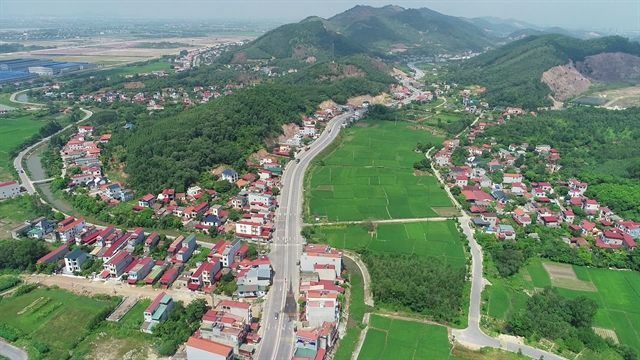 |
| Nham Biền Town in Yên Dũng District. |
Meanwhile, the establishment of Chũ Town as a focal point for the eastern region, encompassing Lục Ngạn and Sơn Động districts, aims to drive socio-economic growth in this underdeveloped area.
Đặng Đình Hoan, Chairman of the Bắc Giang City People’s Committee, emphasised the potential for urban expansion following the merger with Yên Dũng District.
“This restructuring will attract significant investments in industry, high-tech agriculture, and services, while improving living standards and the overall quality of life for residents,” he said.
Secretary of the Bắc Giang City Party Committee, Vũ Trí Hải, underscored the importance of preparing Party and government institutions for the upcoming transition.
“Raising awareness among officials and the public is key to ensuring the resolution’s success," he noted.
Nguyễn Mạnh Xuyên, a village leader in Tân Tiến Commune, expressed optimism about the changes.
“Becoming a ward brings state-supported infrastructure investments, which demonstrates the Party and State’s commitment to improving our community,” he said. — VNS




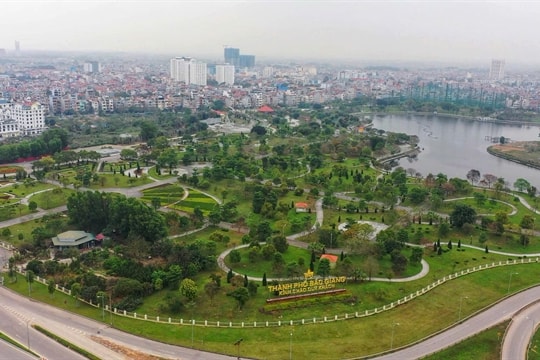
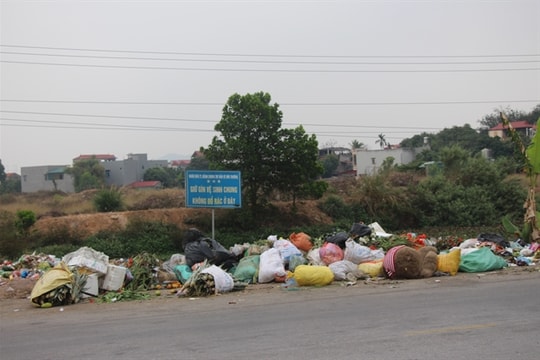

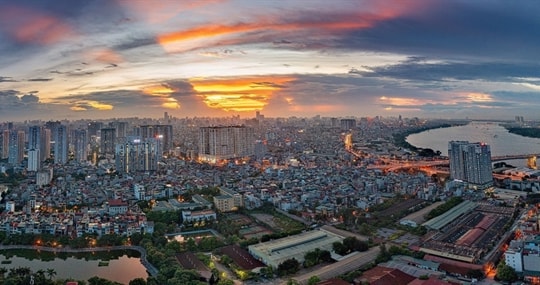





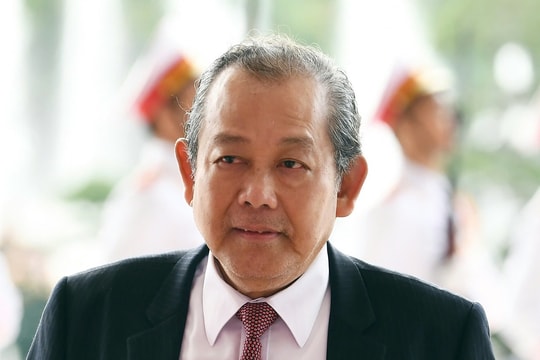

.png)


